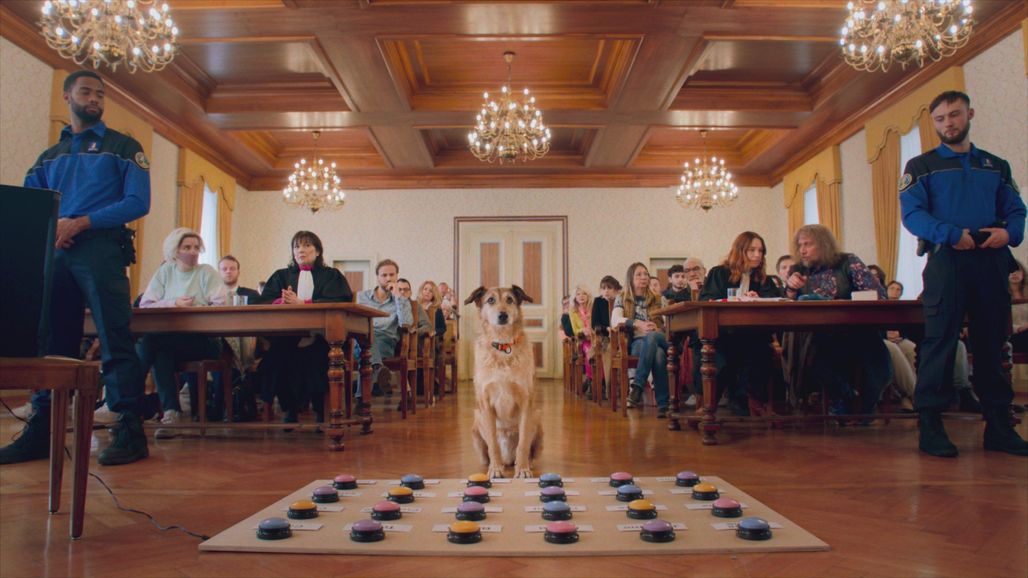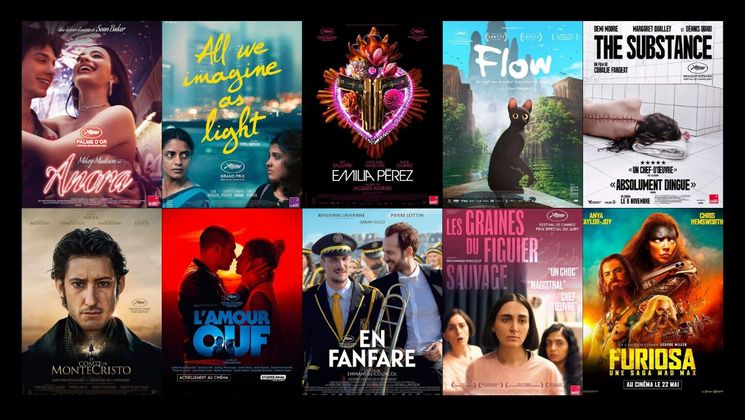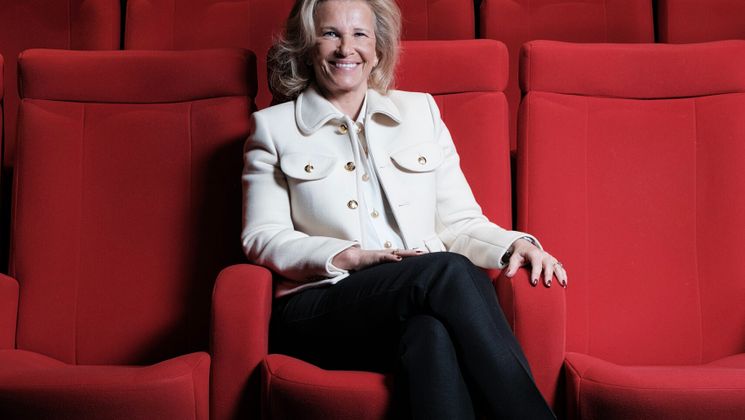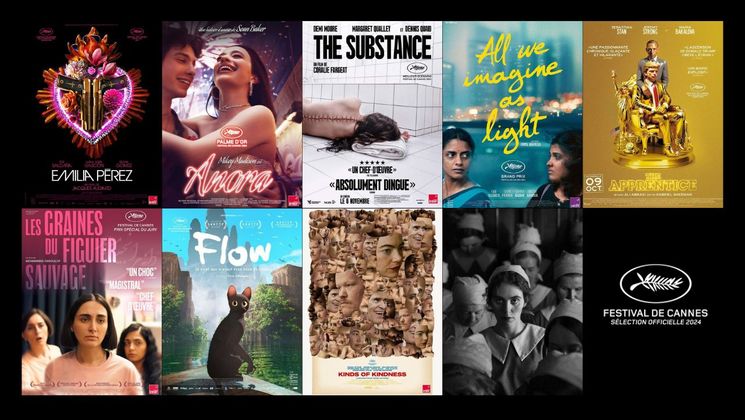
Le Procès du chien (Dog on Trial), Lætitia Dosch’s vision

In 2017, Lætitia Dosch left a mark on Un Certain Regard with her role in Jeune Femme (Montparnasse Bienvenue) by Léonor Serraille, winner of the Caméra d’or. The French-Swiss actress is back in Cannes this year, staring in Le Roman de Jim (Jim’s Story) by the Larrieu brothers but also as the director of her debut film, Le Procès du chien (Dog on Trial).
Tell us about the development of your film.
I am preoccupied by the ecological crisis and am looking at the role that culture can play in it. At the beginning, I had a spectator’s desire to go to the theatre and see a comedy that was free, unsettling, always changing in tone. My Swiss producer, Lionel Baier, came to see my show, Hate. When leaving, he told me: “If you can do that, you can make a film.” And I believed him, even though now I realise that those two things are completely different. A few days later, someone told me a story about the trial of a dog owner whose dog was accused of repeated biting. The trial was the talk of the town. People had made petitions, got really involved, fought each other. And there was my comedy: there was absurdity, trouble and a lot of questions are raised.
Do you have any anecdotes?
Kodi, the dog who plays Cosmos, didn’t know how to howl like a wolf at the beginning of the shoot, and it was very important for the film. Juliette and Manu from Dog Trainer had to test different methods to get that out of him, and what worked was imitating a kitten. So when you hear the dog howl in the film, there is always, hidden somewhere, a human imitating a hungry kitten.
What can you tell us about the actors you worked with?
We were really a troupe. All of the actors had a taste for subversive, excessive and uncomfortable humour. Anne Dorval’s character is a caricature of someone like Éric Zemmour, Donald Trump, these politicians who exaggerate, who play on fear. François Damiens loves destabilising people, he has a number of facets. He’s a great actor, very moving, too. Jean-Pascal Zadi is naturally disconcerting, regardless of the situation. He’s the boy next door that everyone falls in love with, like Drew Barrymore. And as for me, in the role of Avril, I had to be the guiding thread: do less than the other actors but still in a burlesque register.
What made you want to become a director? What are your influences?
Desire always comes from a story. I write plays, but this story required going from one setting to another. A world had to be created, a universe. It couldn’t take place on stage. Seeing Adam McKay’s Don’t Look Up was a revelation for me, because it showed that very engaged characters are not incompatible with a vital story that’s full of meaning. Also, the films of Paul Thomas Anderson, who manages to create very singular worlds in each film, thanks to his virtuoso directing, his use of sound and music, his understanding of his somewhat misfit characters and of the big questions that they deal with.


